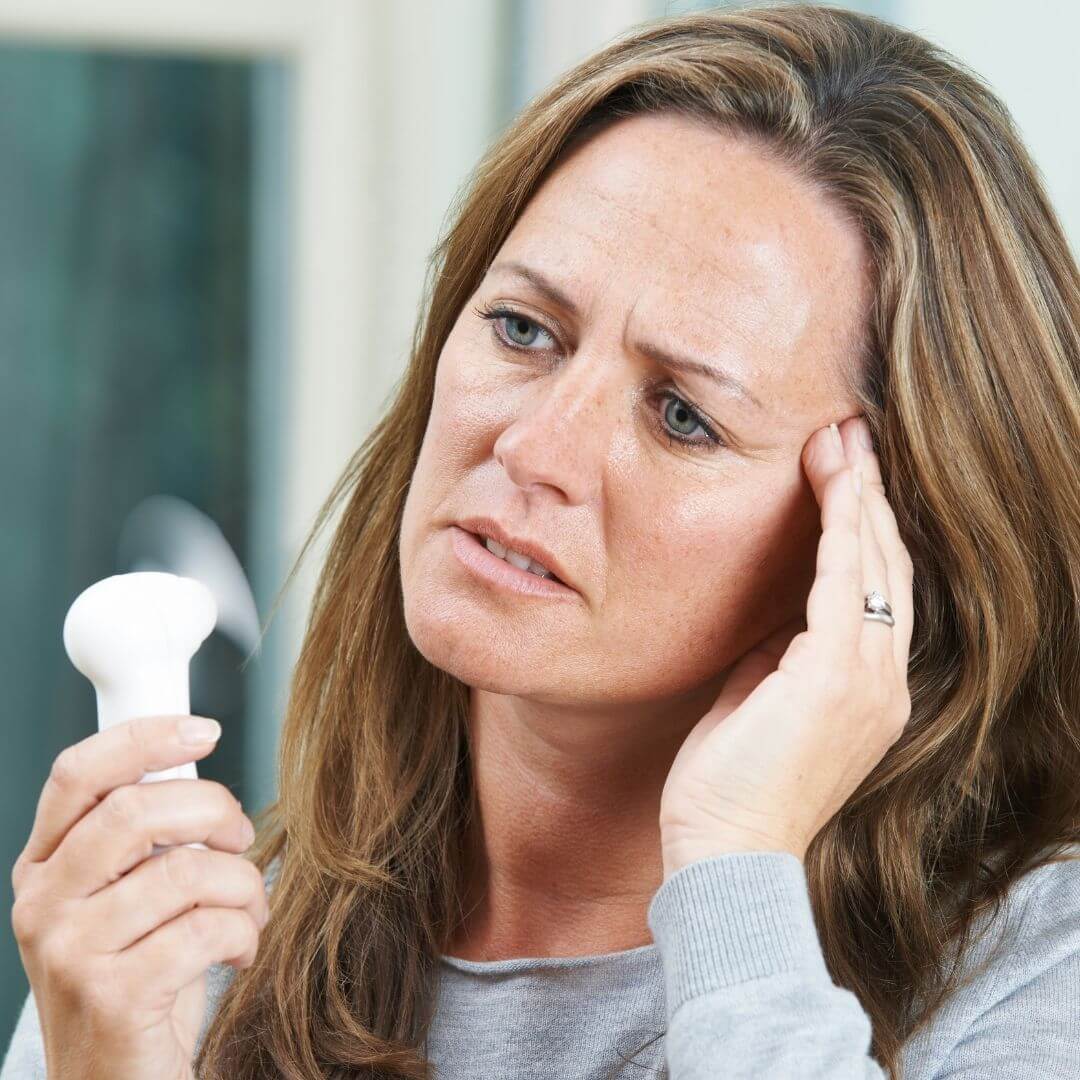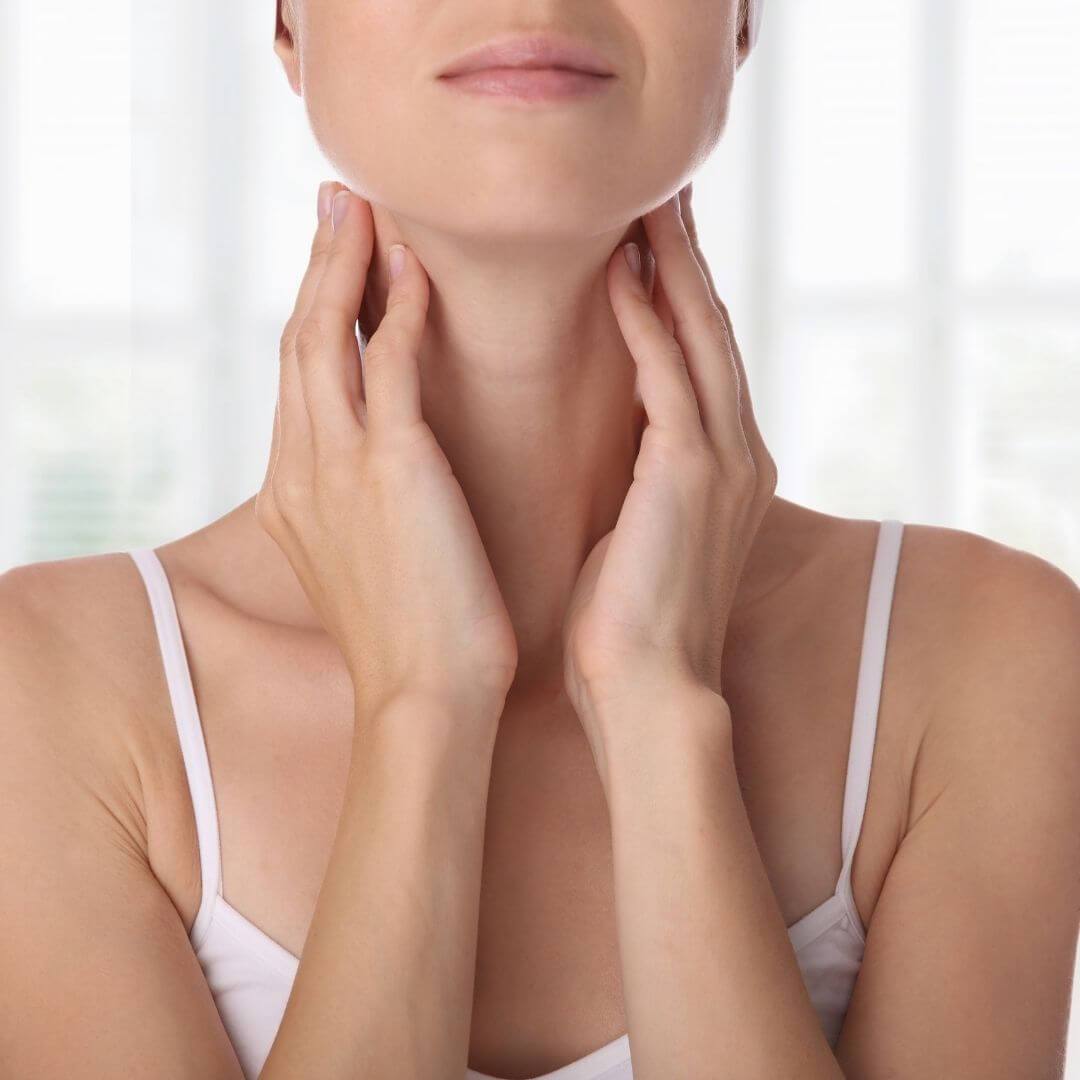Hair loss is a common problem among men, with over two-thirds of them experiencing some degree of hair loss by the age of 35. While losing hair can cause great distress and affect one's self-esteem, it is important to understand that there are several medical conditions that can contribute to this issue. In fact, hair loss may be an early warning sign for certain underlying health problems that need to be addressed. Whether you have noticed thinning patches on your scalp or significant balding, it's crucial to identify and treat any underlying medical conditions in order to effectively manage hair loss. So if you're a man struggling with hair loss, keep reading as we delve into the various medical conditions that can lead to this frustrating issue and what steps you can take towards healthier and fuller-looking hair.
I. Hormonal Disorders

Hormonal Disorders can have a significant impact on the health and wellbeing of men, with one common symptom being hair loss. This issue can be caused by a range of hormonal imbalances, such as an overproduction of dihydrotestosterone (DHT), which can contribute to male pattern baldness. However, hair loss is just one potential sign of hormonal disorders in men. These conditions can also lead to fatigue, changes in mood, and reduced muscle mass. Understanding the complex connections between hormones and the body is key to identifying and treating these disorders, allowing individuals to maintain optimal health and wellbeing.
A. Androgenetic Alopecia: The Role of DHT
Hair loss is a common phenomenon among men, and one of the main culprits behind this widespread problem is Androgenetic Alopecia - a genetic disorder that affects the hair follicles. While there are many factors at play in this process, the hormone dihydrotestosterone, or DHT, is a major player responsible for hair thinning and eventual loss. DHT is produced when testosterone is converted by the enzyme 5-alpha reductase in the hair follicles and binds to hair follicle receptors. This binding leads to a gradual miniaturization of hair follicles, resulting in thinner, weaker hair strands and eventually leading to their disappearance altogether. Understanding the role of DHT in this process is an essential step in the prevention and treatment of Androgenetic Alopecia.
B. Thyroid Disorders: Hyperthyroidism and Hypothyroidism
The thyroid gland is a small yet mighty organ located in the neck that controls many functions in our body, including metabolism. When the thyroid isn't functioning properly, it can result in two common disorders: hyperthyroidism and hypothyroidism. Hyperthyroidism occurs when the gland produces too much thyroid hormone, resulting in symptoms such as weight loss, irritability, and hair loss among both men and women. On the other hand, hypothyroidism happens when the gland doesn't produce enough thyroid hormone, leading to symptoms such as weight gain, fatigue, and hair loss. While thyroid disorders can have serious consequences if left untreated, they are highly manageable with proper care and treatment. If you suspect you have a thyroid disorder, consult with a healthcare professional to get the necessary care you need.
C. Hormonal Imbalances: Impact of Testosterone Levels
Testosterone is a hormone that is produced in both men and women, but it is typically associated with men. It plays a crucial role in the development and maintenance of male physical characteristics, as well as overall health and wellbeing. Unfortunately, hormonal imbalances can disrupt the delicate balance of testosterone levels in the body, leading to a range of potential issues. Specifically, low levels of testosterone may lead to hair loss in men, which can be distressing and affect self-esteem. Understanding the impact of testosterone on the body can help individuals take proactive steps towards maintaining healthy hormonal balance.
II. Autoimmune Diseases
Autoimmune diseases can manifest in a variety of ways, affecting many different parts of the body. One such manifestation is hair loss, a common symptom experienced by individuals with various autoimmune diseases. In fact, hair loss is a particularly common symptom for men with autoimmune diseases. Autoimmune diseases occur when the body's immune system mistakenly attacks its own healthy cells and tissues, leading to a wide range of symptoms and complications. While much is still being researched and learned about autoimmune diseases, education and awareness about these complex conditions can help individuals better understand their symptoms and receive proper treatment.
A. Alopecia Areata: Immune System Attack on Hair Follicles
Alopecia Areata is a condition that causes hair loss in patches on the scalp, which can be a traumatic experience for both men and women. The loss of hair can also occur in other parts of the body, such as the eyebrows, eyelashes, and beard. What causes Alopecia Areata is the immune system mistakenly attacking hair follicles, leading to hair loss. While the cause of Alopecia Areata is still unknown, it is believed that genetics, stress, and other autoimmune disorders may play a role. This type of hair loss affects millions of people worldwide and can have a profound impact on their self-esteem and mental health. While there is no known cure for Alopecia Areata, there are treatments available that can help to slow down or manage the symptoms. By raising awareness and understanding of this condition, we can support those who are affected and encourage further research towards finding a cure.
B. Lupus: Chronic Inflammation and Hair Loss
Lupus is a chronic inflammatory disease that can have a significant impact on a person's quality of life. One of the symptoms that can occur in individuals with lupus is hair loss. While this symptom is often associated with women, men with lupus may also experience hair thinning or loss. Hair loss can be distressing for anyone and can affect a person's self-esteem and confidence. It's important for individuals with lupus to work with their healthcare provider to manage their symptoms, which may include medications and lifestyle changes. Learning more about lupus and hair loss can empower individuals to take control of their health and make informed decisions about their treatment.
C. Psoriasis: Scalp Inflammation Leading to Hair Loss
Psoriasis is a skin condition that causes itchy, scaly patches on the skin. One area that is commonly affected is the scalp, which can lead to hair loss in some individuals. Men, in particular, may experience more severe forms of psoriasis on the scalp that result in partial or complete hair loss. This can be a difficult and frustrating experience for those affected, but there are treatments available that can help manage symptoms and minimize the impact on daily life. It's important for individuals with psoriasis to work closely with their healthcare providers to find the right approach for their specific needs. By staying informed and proactive, it's possible to live well with psoriasis and minimize its impact on hair and overall health.
III. Nutritional Deficiencies and Chronic Illnesses

Nutritional deficiencies can lead to various chronic illnesses in men, including hair loss. Hair loss is a common problem that affects many men worldwide and can often be a result of a lack of essential nutrients in the body. Nutritional deficiencies such as iron, protein, and biotin can weaken the hair follicles, leading to hair loss and baldness over time. Chronic illnesses such as autoimmune disorders, cancer, and heart disease can also be a response to poor nutrition. Educating men about the importance of maintaining a healthy, balanced diet can help them prevent and manage chronic illnesses caused by nutritional deficiencies. It is crucial to address nutritional deficiencies early to avoid any long-term health concerns.
A. Iron Deficiency: Anemia and Hair Loss
Iron deficiency is a common issue that can lead to anemia and hair loss. While this condition can affect anyone, men may be particularly susceptible due to factors such as inadequate nutrition or high levels of physical activity. Anemia occurs when the body is unable to produce enough red blood cells, leading to fatigue, weakness, and a variety of other symptoms. Hair loss can also result from this condition, as iron is essential for the growth and maintenance of healthy hair follicles. Therefore, it is important for men to be aware of the potential risks of iron deficiency and to take steps to maintain a balanced diet and lifestyle to prevent these health issues.
B. Protein Deficiency: Importance of Adequate Protein Intake
Protein is an essential macronutrient that our body needs to function properly. It is involved in several bodily functions such as building and repairing tissues, producing enzymes and hormones, and maintaining a healthy immune system. Men, in particular, should pay attention to their protein intake to avoid experiencing hair loss due to protein deficiency. Hair follicles are made up of protein, and when the body lacks it, hair growth can be stunted, and hair loss can occur. Therefore, it's important to make sure that men consume enough protein in their diet to prevent this from happening. By ensuring an adequate protein intake, men can maintain not only their hair health but also their overall health and well-being.
C. Chronic Illnesses: Diabetes and Its Effect on Hair Health
Diabetes is a chronic illness affecting millions of people worldwide. One of the lesser-known effects of diabetes is its impact on hair health, particularly in men. Diabetes can lead to hair loss and thinning, as it damages blood vessels that deliver nutrients to hair follicles. This damage can lead to reduced hair growth and, in severe cases, complete hair loss. Additionally, diabetes can lead to dry and brittle hair, making it more susceptible to breakage. Understanding the connection between diabetes and hair health can provide individuals with the tools they need to maintain healthy, full hair and manage their diabetes effectively.
IV. Hair Care Routines to Prevent Hair Loss
Maintaining healthy hair can be a challenge, especially for men who are prone to hair loss. But with the right hair care routine, you can prevent hair loss and promote strong, shiny locks. One important step is to use a shampoo and conditioner that is specifically designed to strengthen hair and prevent breakage. Regular scalp massages can also improve blood flow to the hair follicles, allowing them to receive the nutrition they need to stay healthy. Additionally, avoiding excessive heat styling and protecting your hair from the sun can help prevent damage that can lead to hair loss. By incorporating these habits into your hair care routine, you can achieve strong, luscious locks and protect against hair loss.
a. Proper Scalp Care: Cleansing and Exfoliation
Proper scalp care is essential for maintaining healthy hair. Cleansing and exfoliation are two crucial steps in achieving a healthy scalp. Shampoo and conditioner play a significant role in keeping your scalp clean and removing buildup that can lead to hair loss. Men, in particular, should pay close attention to their scalp care, as they are more likely to experience hair loss. Exfoliating the scalp can help stimulate blood flow and promote hair growth. By incorporating a scalp care routine into your hair care regimen, you will not only improve the overall health of your scalp but also give your hair the best chance to flourish.
b. Nutrient-Rich Diet: Vitamins and Supplements for Hair Health
For many men, dealing with hair loss can be a frustrating and worrying experience. While there are many factors that can contribute to hair loss, including genetics and age, maintaining a nutrient-rich diet can help promote healthy hair growth. Vitamins and supplements can be particularly effective in supporting hair health. Biotin, for example, is a B-vitamin that can strengthen hair strands and help prevent breakage. Vitamin D is also essential for healthy hair growth, as it promotes new follicle growth and can increase the thickness of existing hair strands. Other important vitamins and minerals for healthy hair include iron, zinc, and vitamin C. By incorporating these nutrients into your diet or supplement routine, you can help maintain strong and healthy hair.
c. Topical Treatments: Effective Hair Serums and Oils
Hair loss is a common problem for many men, which can lead to low self-esteem and confidence. Fortunately, there are effective topical treatments available in the form of hair serums and oils that can help mitigate hair loss and promote healthy hair growth. These specially formulated products contain natural ingredients such as biotin, caffeine, and essential oils that have been clinically proven to stimulate hair follicles and improve overall hair health. By incorporating a high-quality hair serum into their daily hair care routine, men can restore the vitality and strength of their hair and feel confident in their appearance once again.
d. Stress Management: Techniques to Reduce Stress-Induced Hair Loss
Stress is an inevitable part of our lives, and we all experience it at some point. But did you know that stress can have severe effects on our physical health? One such effect is hair loss, which can be a significant concern for men. Whether it’s work, finances, or relationships, stress can trigger hair shedding and lead to thinning or even baldness. To prevent this, it’s important to manage stress effectively. Some techniques that you can try include exercising regularly, getting enough sleep, practicing deep breathing or meditation, and engaging in activities that bring joy and relaxation. By incorporating these techniques into your daily routine, you can reduce stress-induced hair loss and promote overall well-being.
In conclusion, hair loss can be caused by a variety of factors including hormonal disorders, autoimmune diseases, and nutritional deficiencies. Understanding the root cause of your hair loss is crucial in finding an effective solution. Whether it's addressing high levels of DHT in androgenetic alopecia or managing chronic inflammation in conditions like lupus and psoriasis, there are steps you can take to maintain a healthy head of hair. Along with lifestyle changes like proper scalp care and stress management, incorporating nutrient-rich foods and supplements into your diet can go a long way in promoting hair growth. Remember to also look for topical treatments such as effective hair serums and oils to nourish your hair from the outside. And if you're facing hair loss due to certain male hormone imbalances, consider using specially formulated shampoos and conditioners for men that target those issues directly. With these tips in mind, you can take control of your hair health and prevent further thinning or balding. So don't wait any longer- start implementing these changes today for stronger, fuller locks tomorrow!














